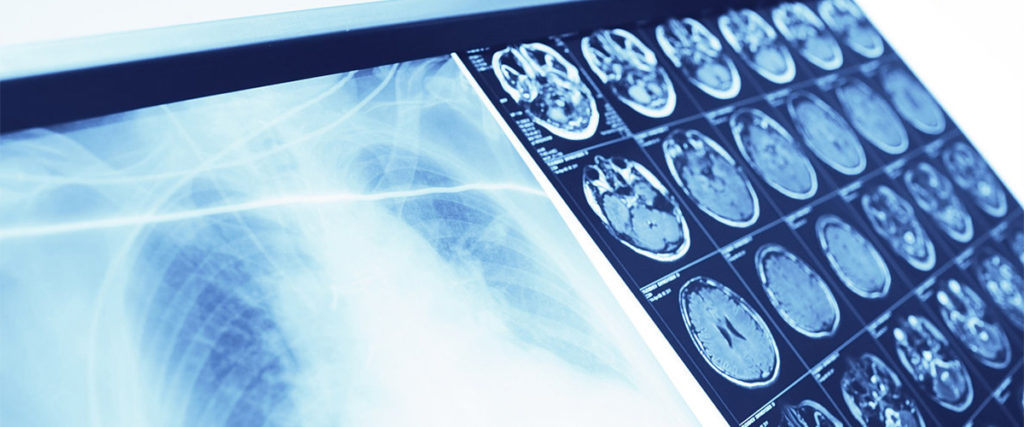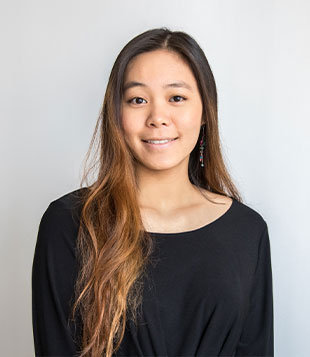With the rise of artificial intelligence in every sector, the medical field is no exception. Dr Michelle Perugini, CEO and founder of AI medical diagnostics firm Presagen, puts your fears to rest about AI.
Artificial intelligence in healthcare is a rapidly expanding field, promising patients faster, more efficient, and more accurate diagnoses. Pushing the boundaries of modern medicine, AI algorithms are capable of sifting through vast volumes of data far beyond anything a single person could handle, claiming better-informed decision-making and no room for human error. Although critics have raised concerns about the reliability of all this burgeoning technology, Dr Michelle Perugini, CEO and founder of Australian AI image-based medical diagnostics enterprise Presagen, weighs in on why AI heralds a new era of advanced medical care – and why we should trust it.
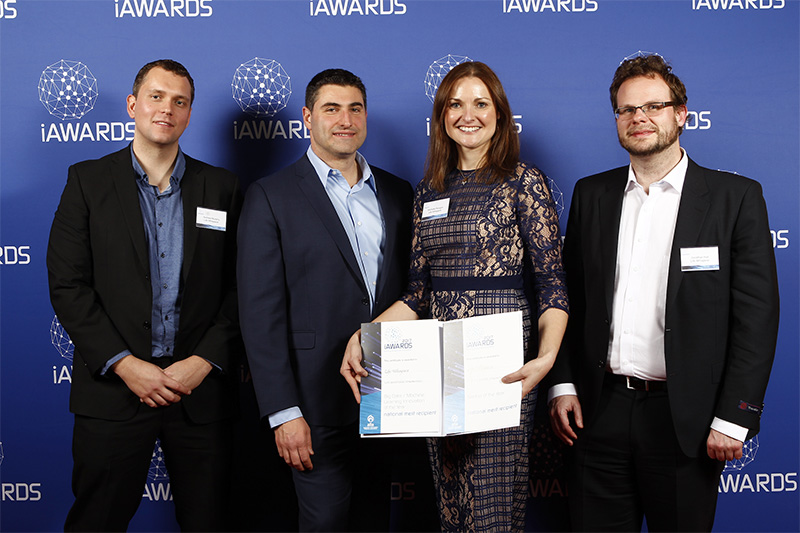
So, how do Presagen’s AI medical diagnostics work? First, the AI starts out with a series of anonymised medical images. Presagen’s proprietary AI training system then “rapidly and effectively trains the AI to diagnose conditions in medical images,” Michelle explains. This Deep Learning process is achieved through hundreds of computer-automated experiments, each with different configurations and parameters, which guide the AI through a comprehensive array of scenarios. After that, the final AI is released onto the company’s global delivery system, giving clinics and hospitals HPAA- and ISO-compliant access to AI-driven web-based diagnostics.
With a PhD in medicine, Michelle’s expertise lies in stem-cell biology, medical research, advanced analytics and AI. Presagen isn’t her first rodeo in AI startups either – the global AI tech company ISD Analytics, which she co-founded, was acquired by EY in 2015. Partnering with co-founders Dr Jonathan Hall, Dr Don Perugini and Andrew Murphy, she’s now set out to overcome medical AI’s biggest hurdle: the inability to access and learn from comprehensive healthcare databanks, which are often regulated under data protection policies to remain solely in their country of origin.
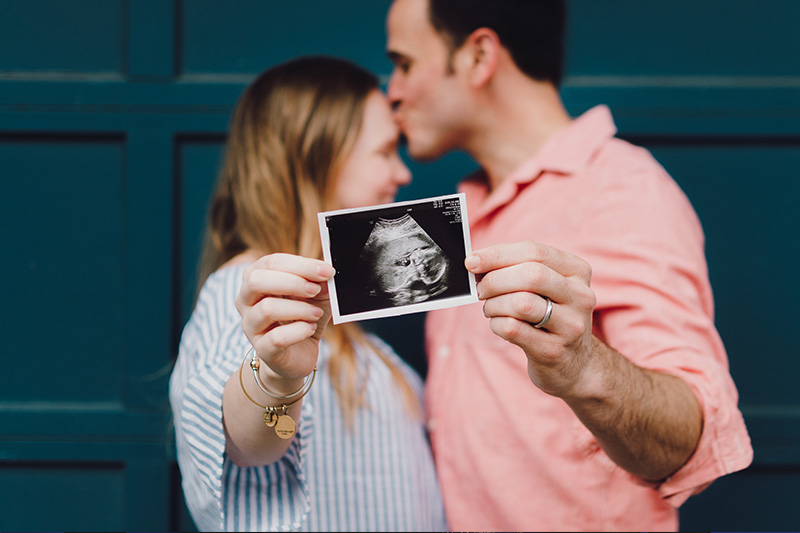
Over the last two years, the founding team has made big strides towards overcoming the industry’s data sharing barriers. Although Presagen’s AI training platform and delivery system are decentralised, the system trains the AI with local data from different countries, sharing the AI model derived from the data, but not the data itself. The result? A sophisticated trained AI that is “analogous to a large global dataset,” capable of creating “highly accurate and robust medical products in the market without being limited by private health care policy.”
For now, the venture is focusing on securing regulatory approval for IVF AI Life Whisperer, which assesses embryo viability. Early clinical trials in the US and Australia have indicated Presagen’s AI was “able to perform 30% better than highly-skilled embryologists when identifying embryo viability,” positioning them as a future gold standard for embryo pre-screening. The company is now collaborating with IVF clinics on a global scale and is gearing up for its product release in mid-2019, post-regulatory approval.
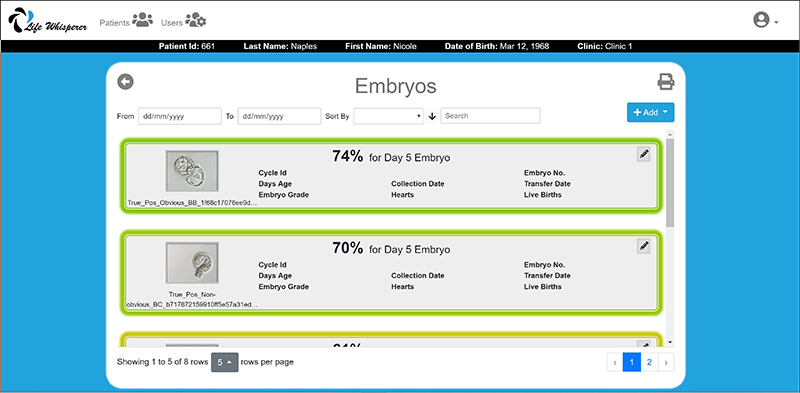
With a highly scalable cloud-based business model, Presagen is well-placed to change the face of medical AI, providing medical professionals with an invaluable diagnostic tool. Focusing on niche medical diagnostic applications, their platform can bring a use case from concept to completion incredibly rapidly, allowing them to dominate the market. With the potential to enhance the quality of medical care for patients globally, Michelle is aiming high: “Our team’s vision is to become world leaders in AI-driven, image-based medical diagnostics.”
